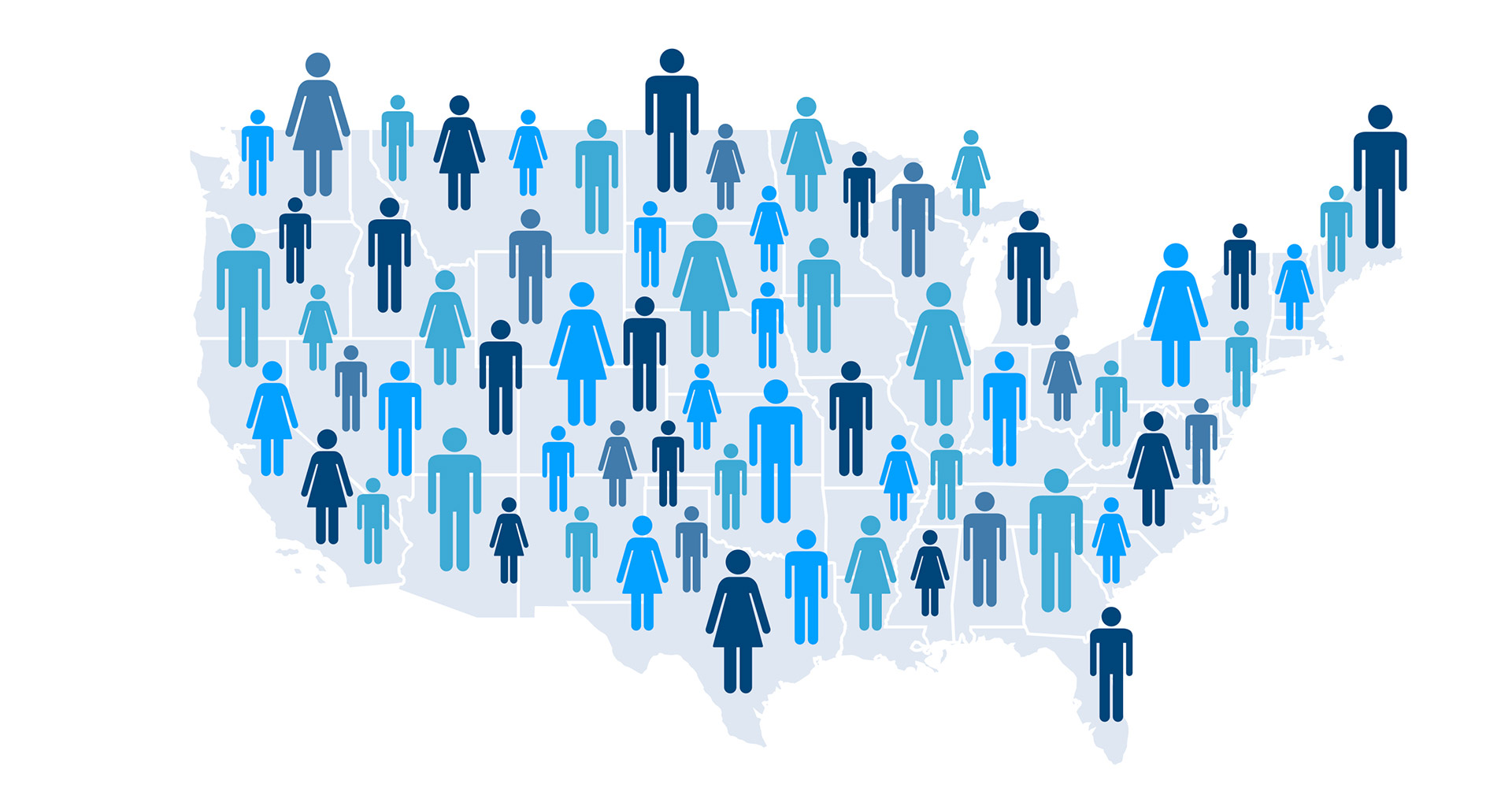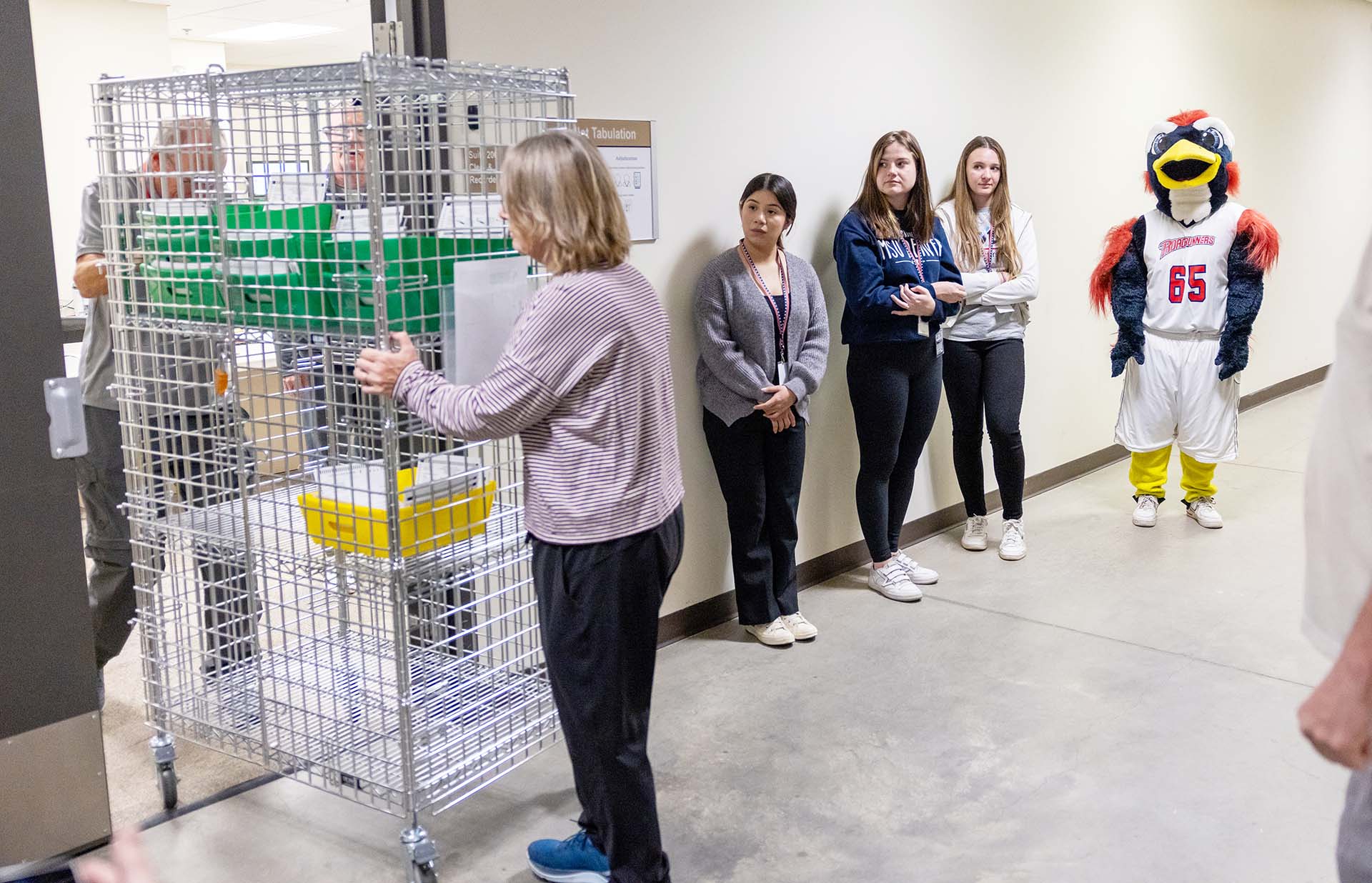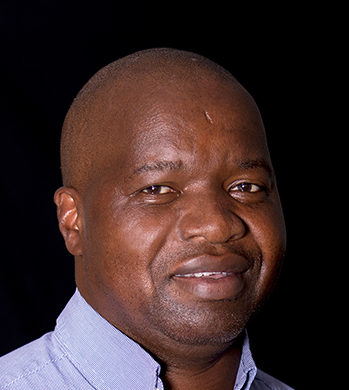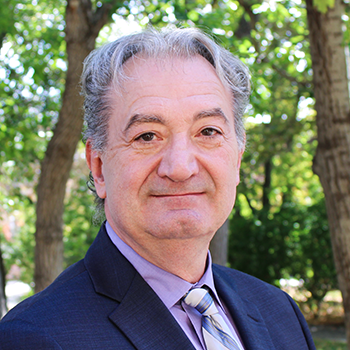Will the 2020 census be accurate?
The federal government is fighting to shorten the decennial count’s timeline. Here’s why that could hurt Colorado and the country’s marginalized communities.

The U.S. Census Bureau’s efforts to truncate the 2020 census timeline is calling into question the accuracy of the constitutionally mandated count. And the implications are vast for Colorado and the nation’s marginalized communities.
The decennial census influences not only the number of representatives each state gets in Congress but how much federal funding each state receives and how voting-district lines are drawn for the next decade.
Even under normal conditions, the 2010 census undercounted 2.1% of the Black population and 1.5% of the Hispanic-identified population. Ensuring the most accurate and representative count across demographics is critical, said Michael Benitez, Ph.D., vice president for Diversity, Equity and Inclusion at Metropolitan State University of Denver.
“The move to expedite the census count certainly has a detrimental impact on outreach efforts,” he said. “Eventual consequences could lead to less funding for particular areas or even endanger the anticipated additional delegate Colorado is expected to receive.”
Shifting deadlines
The Trump administration’s efforts to halt in-person counting early is not without opposition. A federal judge this month ordered the Census Bureau to stop its plans to halt in-person census counting early in response to a lawsuit filed by the National Urban League, the League of Women Voters and a coalition of advocacy groups and local governments. They argue that the ending the census early will lead to an inaccurate count that will cost some communities political representation and millions of federal dollars.
The temporary restraining order against the Census Bureau and the U.S. Commerce Department, which oversees the agency, stops the Census Bureau from winding down operations until a court hearing is held Sept. 17.
Census data collection was originally scheduled to end Aug. 15, but as the COVID-19 pandemic disrupted in-person outreach last spring, the deadline was extended until Oct. 31. Then, in early August, the bureau announced it would cut off the census at the end of September instead.
The federal government says it must move the deadline to Sept. 30 to accommodate postal logistics to ensure that responses meet the Dec. 31 statutory deadline, said Rob Preuhs, Ph.D., chair and professor of political science at MSU Denver.
“Those things we’ve done every 10 years to ensure an ‘actual enumeration’ as the Constitution lays out aren’t being done in the same way this year, primarily because of COVID-19 and social distancing. The postmark has been pushed up, but the end-of-year deadline remains the same,” he said.
Outreach ongoing
While the fight to define the census plays out at the federal level, MSU Denver shifted its approach to engaging Coloradans who are traditionally hard to count, such as those in rural communities, housing-insecure people and immigrant communities, Benitez said. The University’s work is funded by state grants created by a bipartisan 2019 bill allocating $6 million for census outreach. Through a combination of media placement, partner-provided phone lists and other digital engagement efforts, the University’s messaging efforts generated more than 100,000 points of contact.
“We had to rethink how we did outreach using strategic marketing and product data – where are these folks likely to engage with these resources?” Benitez said.

As of Tuesday, Colorado’s total response rate for the 2020 census stood at 89%, according to the Census 2020 dashboard. But moving the census up may disadvantage hard-to-count rural populations and those in the urban core, along with those who move frequently or are distrustful of the government, Preuhs said.
“Add to that a volatile political environment, and (potential undercounts) happen to fit into the preference of the current administration,” he said, noting that the Trump administration’s efforts to exclude undocumented populations was more symbolic than substantive, as the Constitution is clear in its prescription for an actual count of all people in the country.
Benitez reinforced this point, noting the confidentiality of the census and its importance in ensuring representation and support for the state’s changing population.
“We might not think about resources and support tied to the census and how those supportive funds flow into areas that are growing and diversifying,” he said. “When groups like immigrants aren’t counted, that means more people need to stretch further to meet a community’s needs.”







